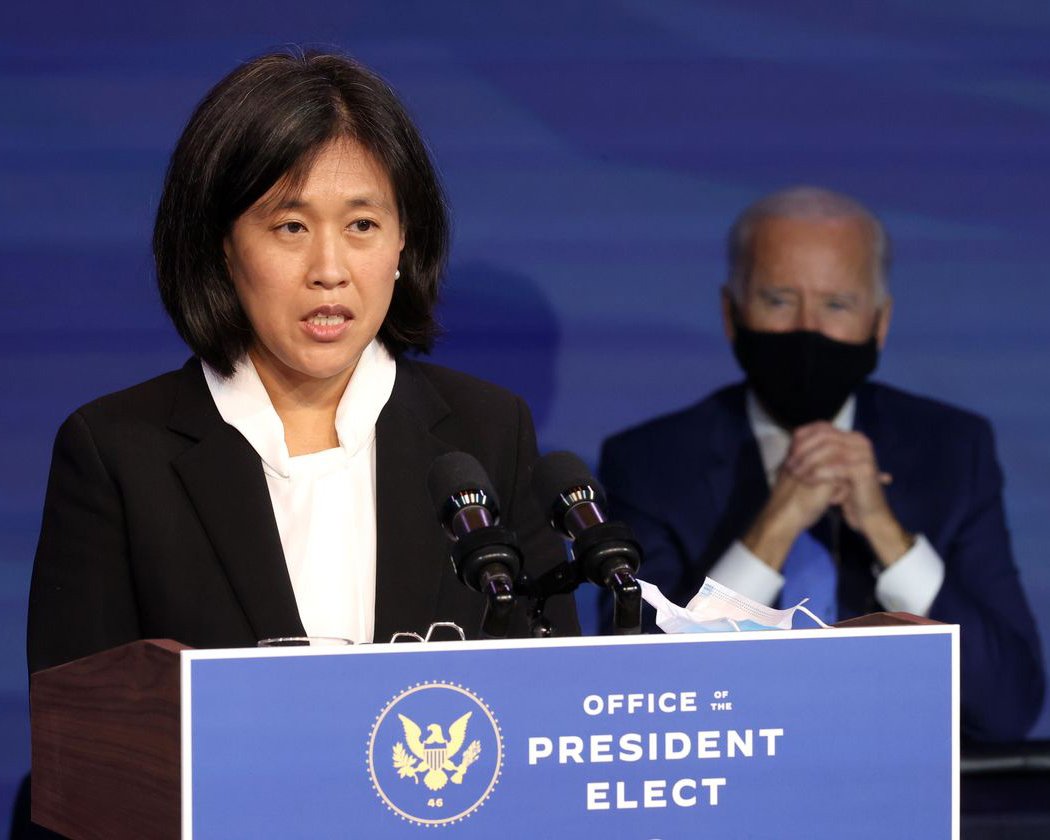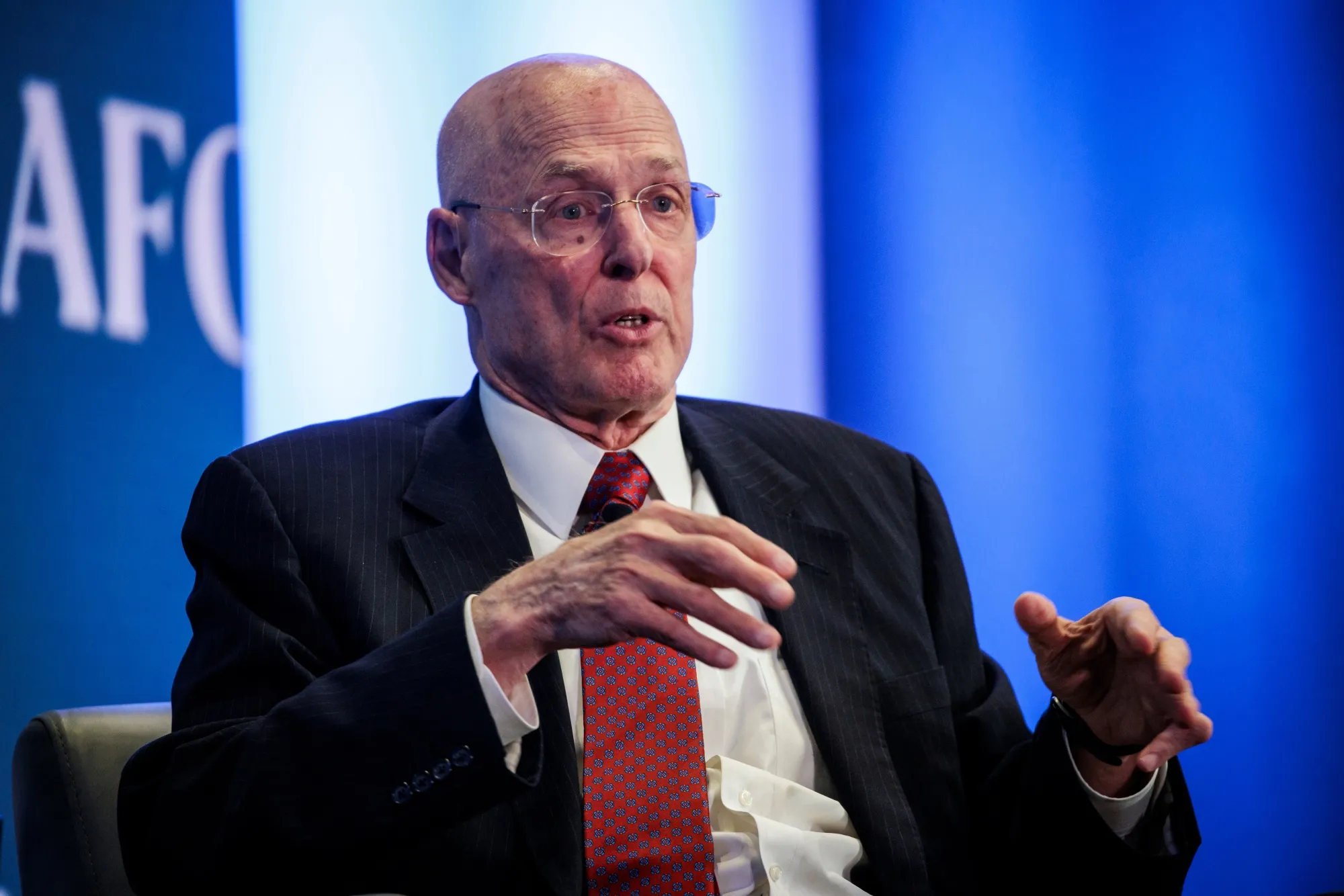an economic recovery program that invests in core technologies such as telecommunications and advanced computing, while also attracting the best minds from around the world to foster innovation. And as the economy recovers, we need a plan to defuse our national debt bomb over time.
China isn’t going to give America the courtesy of waiting. If the Biden administration wants to compete seriously and fulfill its promise of fashioning a “middle-class foreign policy,” it will be essential for Mr. Biden to craft a broad trade agenda that ensures U.S. workers aren’t cut off from some of the fastest-growing markets in the world.
First, the Biden administration should review Trump-era unilateral actions on high technology, because they can be harmful and ineffective for American workers and companies when other countries produce comparable products. In those cases, competitors could fill a vacuum if the U.S. stepped away, such as the Europeans supplying more jet engines to China. Unilateral controls make sense only in industries critical to national security and in which the U.S. has a distinct technological advantage. If the world can’t count on the U.S. to be a reliable supplier, we’ll lose market share to our competitors.
The U.S. should also pursue certain bilateral deals. One-on-one negotiations can remove barriers to our most competitive industries, reduce industrial subsidies, and ensure greater protection of intellectual property. Small deals with allies in areas like supply chains and digital finance can be building blocks for a new global trade order.
China will soon become the world’s largest consumer of goods and services. It is in America’s interest to make sure its own workers and companies can take advantage of this reality. We should initiate new bilateral talks that open up China to our export industries, such as environmental goods and precision machinery, without forgetting to strengthen intellectual-property protections and eliminate unfair trade practices.
The U.S. should also revisit regional trade agreements that benefit American workers. In exiting the TPP, America gave China a leg up in Asia and blocked huge avenues for growth for U.S. companies. We should rejoin the TPP, which provides a ready-made vehicle to expand trade in the Asia-Pacific.
Finally, the U.S. must work with allies to make global trade rules more effective. The WTO has an important role to play but its dispute-settlement body is essentially defunct, and its rules are sorely in need of reform. The Biden administration should convene key partners to develop policies that strengthen and modernize rules in areas like digital trade, technology and environmental goods and services.







